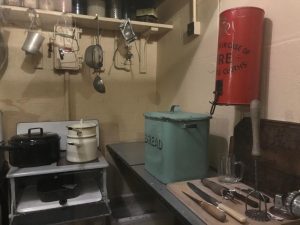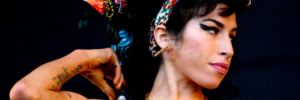Unveiling the extraordinary story of Maria Friederike Cornelia “Frida” Strindberg, known as Frida Uhl, we delve into a tale of personal struggle, professional triumph, and profound literary impact. In the early 20th century, Uhl carved out a unique and powerful presence in the London literary scene. An Austrian writer, translator, and above all a relentless trailblazer, her life was as riveting as it was influential.
Maria Friederike Cornelia “Frida” Strindberg, more commonly known as Frida Uhl, was an Austrian writer, translator, and prominent figure in the early 20th-century literary scene. Born on April 4, 1872, in Spielberg, Styria, Austria, Frida Uhl was an individual with a creative mind and a talent for languages. Her first known work was a translation of Ouida’s “Under Two Flags” into German, which she completed when she was just 19 years old.

Frida Uhl met the renowned Swedish playwright and novelist, August Strindberg, while studying at the University of Vienna. Despite a significant age difference, the two quickly became infatuated with each other and married in 1893. The union, however, was tumultuous from the start, with their strong personalities often clashing, leading to a formal divorce in 1897. From this relationship, Uhl bore a daughter, Kerstin Strindberg.
Frida Uhl in London
After her separation from Strindberg, Uhl moved to London in 1897. This move marked a significant turning point in her life, leading her to become a significant figure within the city’s burgeoning modernist literary scene. She frequently interacted with some of the most important literary figures of the time, including Oscar Wilde, Ezra Pound, and Ford Madox Ford.
In London, Uhl operated a salon called the Tower Bridge Hotel, which later became the famous literary club “The Cave of the Golden Calf.” The club became a hub for experimental writers, artists, and musicians, many of whom became associated with the Vorticist movement. She created an atmosphere that welcomed provocative discussions and new ideas, with her club serving as an incubator for the period’s most innovative artistic movements.
As a writer, Frida Uhl’s works were often autobiographical in nature. She penned a series of pamphlets during her time in London under the pseudonym ‘Martha Ruby,’ where she openly critiqued the gender norms and expectations of the Victorian era. She used her writing to challenge societal expectations and offer a feminist perspective that was relatively rare during that time.
Despite the personal and professional trials she faced, Frida Uhl’s tenacity and resolve allowed her to carve out a space for herself in a male-dominated literary world. Her contributions as a writer, translator, and literary hostess had a significant impact on the early 20th-century literary scene.
Frida Uhl’s life was marked by personal struggle and professional triumph. She remained in London until the outbreak of World War II, after which she returned to Austria. She died on June 28, 1943, in Vienna, leaving behind a rich legacy as an innovative thinker and trailblazer for women in literature.




